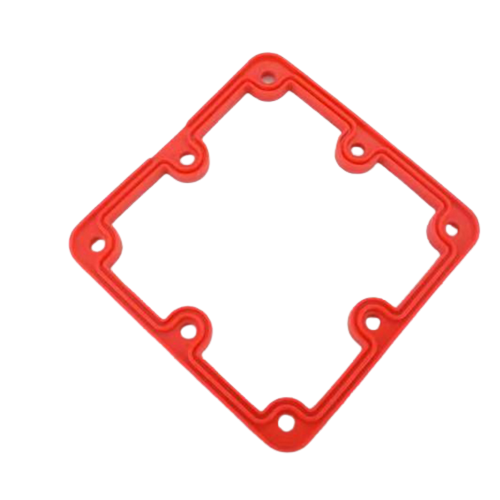South Korean shipbuilder Samsung Heavy Industries said it had developed a laser high-speed welding robot to speed up the construction of liquefied natural gas (LNG) carriers.
SHI said in a statement that the new robot, first such technology in the industry, would substantially improve the speed of joining membrane panels in the cargo holds of LNG carriers. Industrial Keyboards

According to the shipbuilder, the new laser high-speed welding robot is up to five times faster than the existing method of plasma arc welding (PAW).
When welding a 2-meter-long membrane panel, PAW takes about five minutes, while laser welding takes only one minute, SHI claims.
SHI said that the length of membrane panel welding for four cargo holds on a 174,000-cbm LNG carrier is about 60 kilometers, which is equivalent to a straight line from Seoul to Pyeongtaek.
The shipbuilder said that the industry has been experiencing difficulties in securing skilled welders and PAW has limited productivity improvement.
In response, SHI’s production technology research center developed the laser high-speed welding robot which rotates the laser beam at precise intervals and speeds.
The technology also has defocusing capabilities to adjust the focal point and a laser displacement sensor to automatically locate curved welding positions, it said.
Last month, SHI completed a test to apply the laser high-speed welding robot to a Korean LNG carrier (KC-2C).
Furthermore, the shipbuilder plans to test the tech with GTT’s Mark III containment system and and to secure final client approvals later this year.
Besides LNG carriers, SHI also aims to apply this tech to the construction of liquefied hydrogen carriers in the future.
Last year, SHI secured orders for 36 LNG carriers, marking a record for the largest number of orders for LNG carriers in a year for the shipbuilder.
In 2023, the shipbuilder and Japan’s JGC won a contract from Malaysia’s Petronas to build the first nearshore FLNG with a capacity of about 2 million tonnes.
In addition to the $1.5 billion FLNG contract, it also won orders for six LNG carriers worth about $1.5 billion.
SHI is expected to secure more orders for LNG carriers by the end of this year as part of the second phase of the giant Qatari shipbuilding program.
As of August 31, SHI had 85 LNG carriers in its order backlog worth about $18.4 billion.
Waterproof Switches 2024. © All rights reserved. LNG Prime.